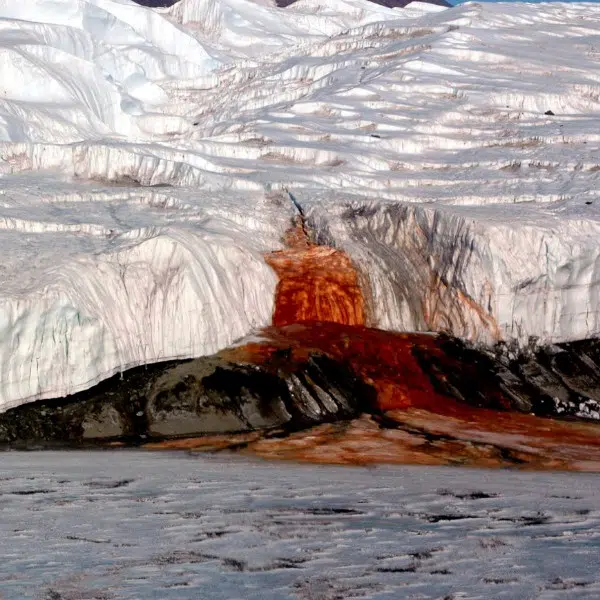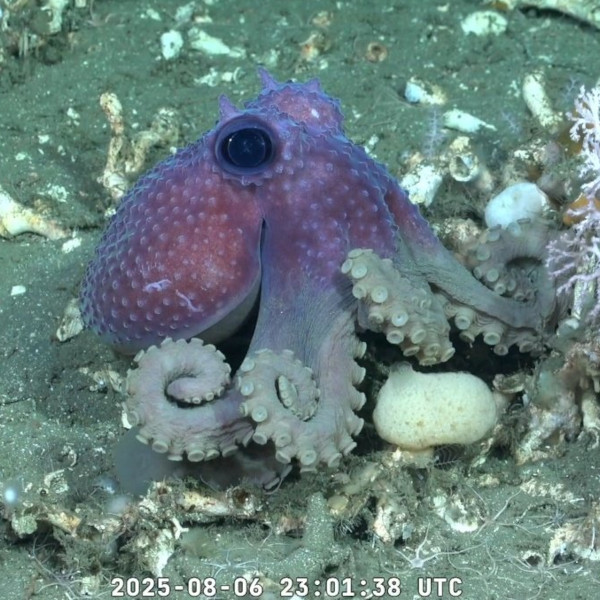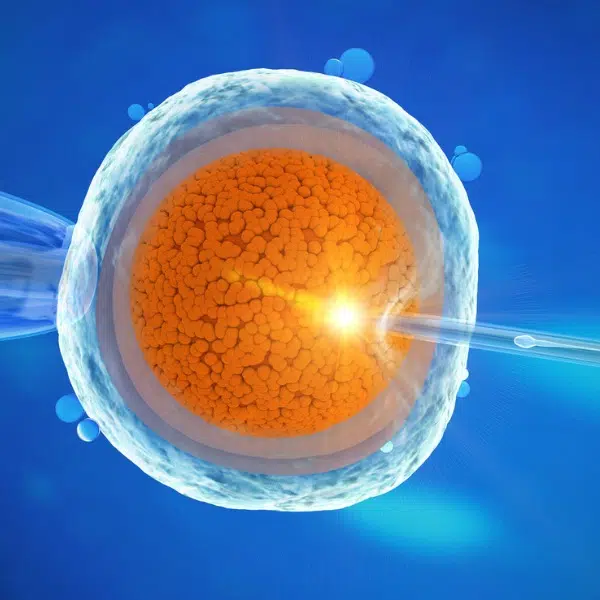Scientists Highlight the Beauty of Survival in Wildlife Photography Competition
Researchers from around the world entered their best imagery into the BMC Ecology and Evolution and BMC Zoology image competition. These scientific images are not only aesthetically pleasing; they also show the ways in which wildlife fights to survive. From clever camouflage to battling for resources, these images show both the beauty and struggle of life on Earth. With his beautifully framed photo of two saigas engaged in battle, Andrey Giljov won the competition.






















































































